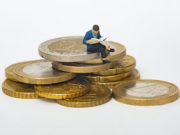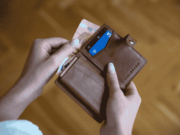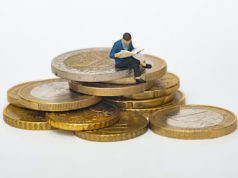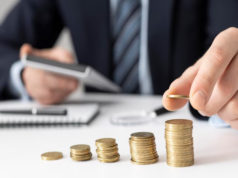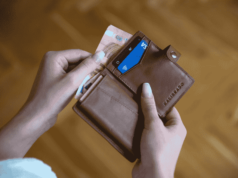A lot of literature explores the hypothesis that money can purchase happiness. That depends on which is both aggravating and accurate. Funds serve as a medium of exchange. It can unquestionably help you on your path to fulfilment if used properly. But, it may not bring you joy in the manner you anticipate.
Having more money won’t change your thinking, and accumulating more material possessions won’t make you happier. Money can’t buy happiness, but it may give you the gift of time and the opportunity to explore new things. Another major contributor to stress (including financial stress) does not have enough money to cover basic expenses.
The Connection Between Money and Happiness
Items of intrinsic worth are those that make you happy. This suggests they have significance but may not indicate a universal happiness value. Contrarily, money carries extrinsic worth. This indicates that people accept money because they understand its worth in the actual world.
If you like comfort in the aroma of lavender, for instance, you might spend some of your income on lavender-scented products to have about the house or workplace. It might lead to an improvement in your mood. Here, money is being used as a means to an end—specifically, your happiness. This may be used in a wide variety of contexts.
How Money Can Buy Happiness
One may argue that money doesn’t buy happiness by itself. Several studies, however, demonstrate that material wealth may significantly enhance subjective well-being.
- Money Eases Tension
According to studies, money worries rank highest among Americans as a source of stress. It is also a major contributor to domestic strife and separation. It’s not hard to imagine how much less stressful life would be if more people had sufficient money to stop struggling with the paycheck cycle. And when they’re not as worried about the future, people can enjoy the present moment better.
- Money Can Buy Time
Time is a priceless commodity that may be purchased with hard currency. Indeed, sometimes money can’t buy you contentment. Nonetheless, it may allow you to spend more quality time with your loved ones. How much time you devote to friends and family is directly proportional to your income. If one’s primary source of income is insufficient, one may need to take on additional work, which means less time at home with loved ones.
Yet, a person with enough money may work for one job and take time off to spend with their loved ones. Purchasing more time might provide benefits in other areas of life. You can hire someone else to do your tasks if you have enough money.
- Money Can Buy Experiences
Many studies have demonstrated that life’s experiences, rather than material belongings, are the key to happiness. Having more disposable income opens up a world of possibilities for leisure activities like travelling, attending shows, and other events. The memories of these times remain considerably longer than any tangible possession could and contribute greatly to our sense of well-being.
Conclusion
The question of whether or not money can purchase happiness is a debatable one, with valid arguments on both sides. Money can’t buy happiness; that’s true. Not even piling up more material goods would do it. Cash, however, is only a medium of exchange. And when utilised correctly, it may help you get closer to the material success that brings happiness.
Some people define success as having more time to spend with loved ones. The peace of mind that accompanies never again having to worry over falling behind on payments is a major motivator for many people. How you put your wealth to work is what matters.

























